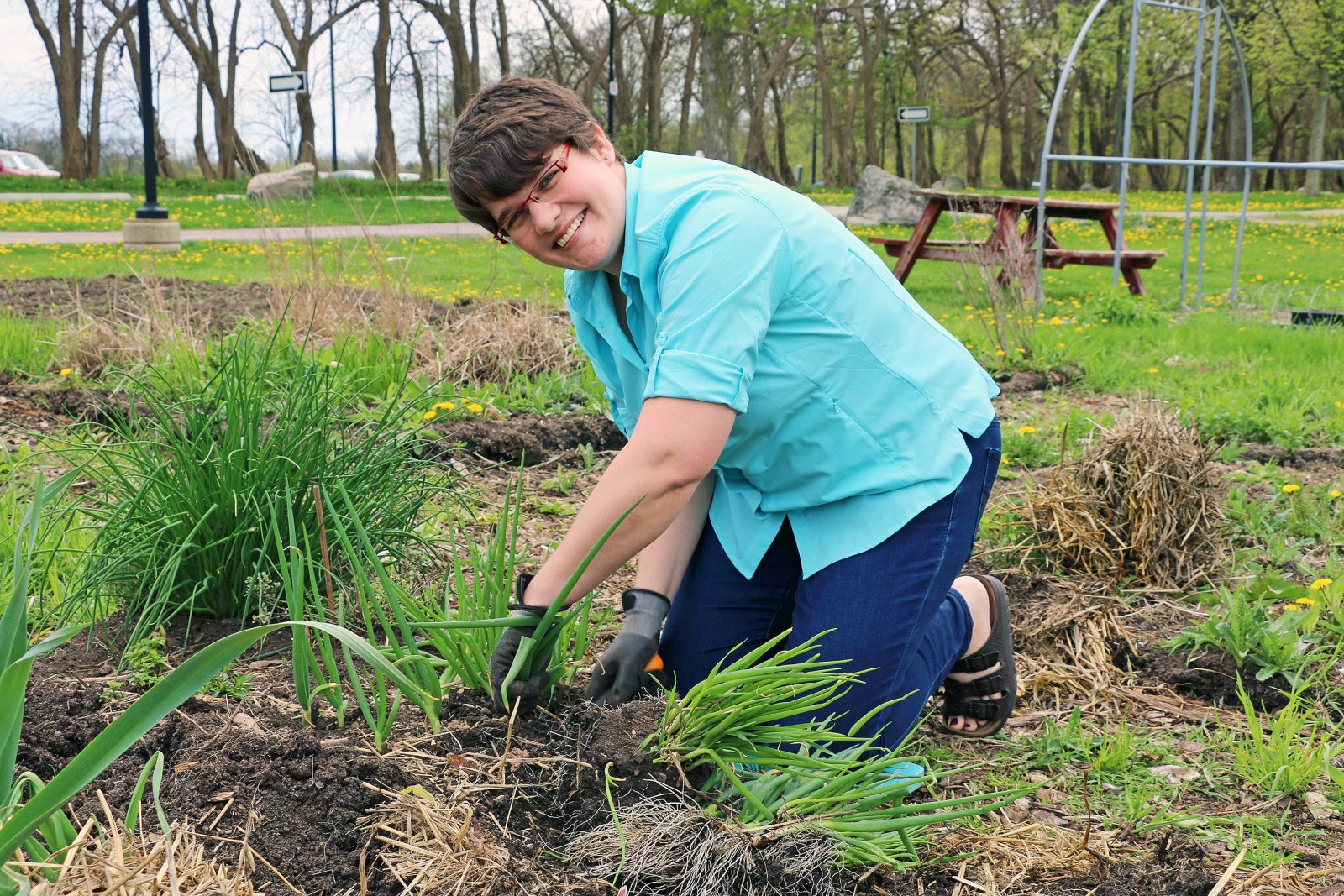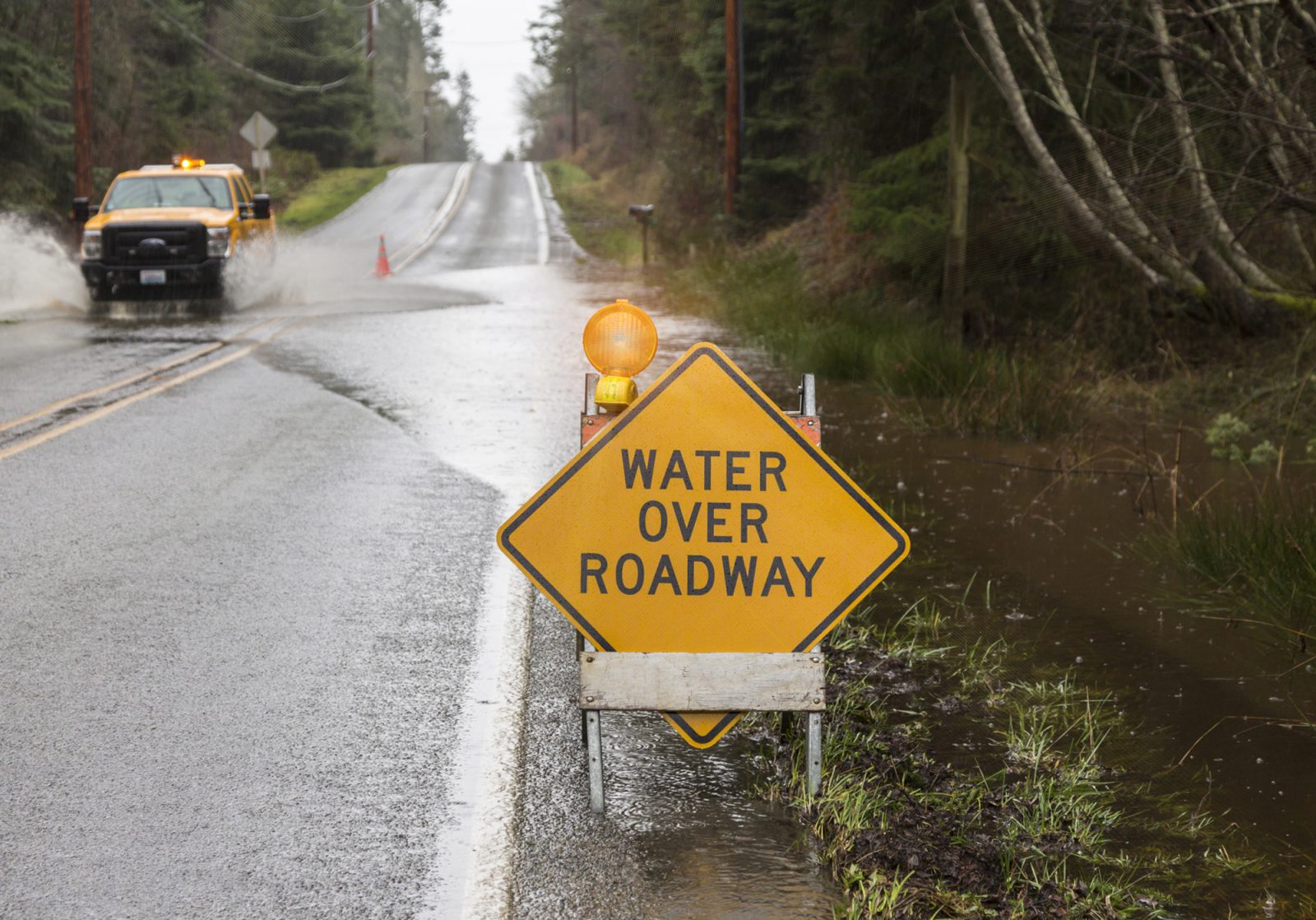Blog Contributor: Garrett Hutson

The RECL 4P16 (Advanced Wilderness Program Planning) 10-day wilderness backpacking trip returns from the Bruce Peninsula on a high note. The trip was co-led by an ESRC research assistant and RECL alumna (Liz Peredun, second from the left standing), an ESRC participating faculty member (Garrett Hutson, second from the right standing) and a RECL graduate student (Chris Falcioni, not pictured). From April 25 to May 5 the group hiked from the town of Lion’s Head, Ontario to the Bruce Peninsula National Park through deep snow and challenging terrain along the Bruce Trail. Fourth year RECL students worked in leadership teams and taught extensive environmental studies curricula while in the field. Completing the trip represented the final requirement for many of these students who will be graduating from Brock this coming June.



















